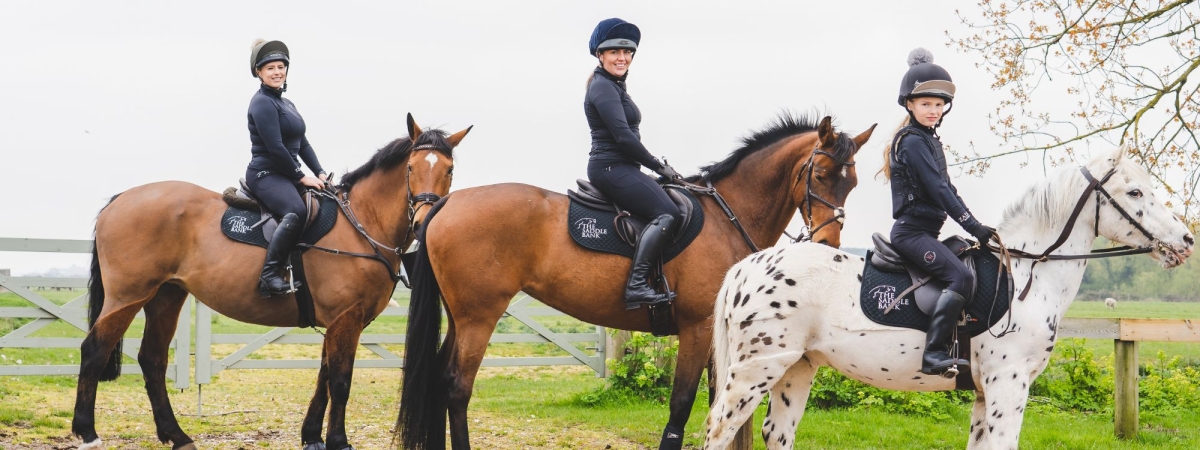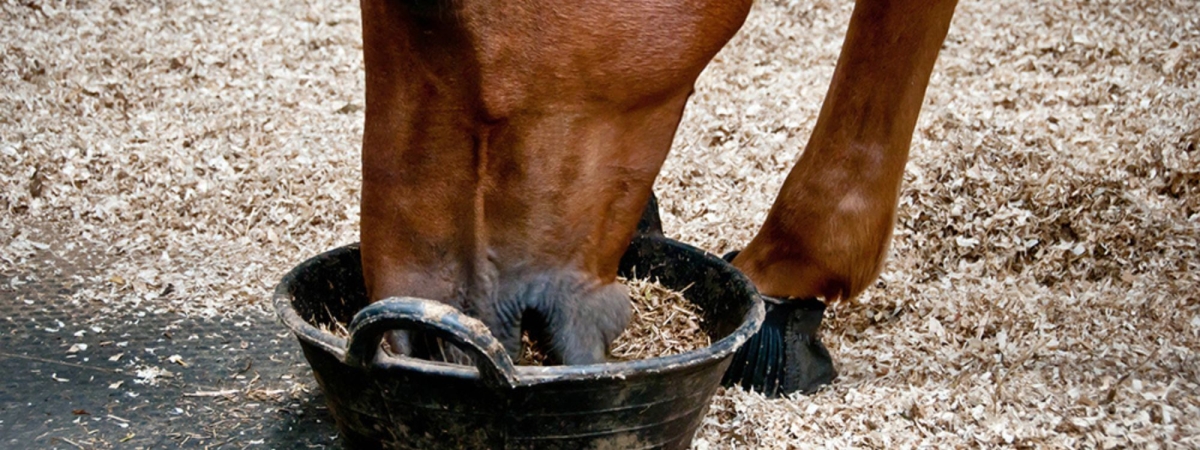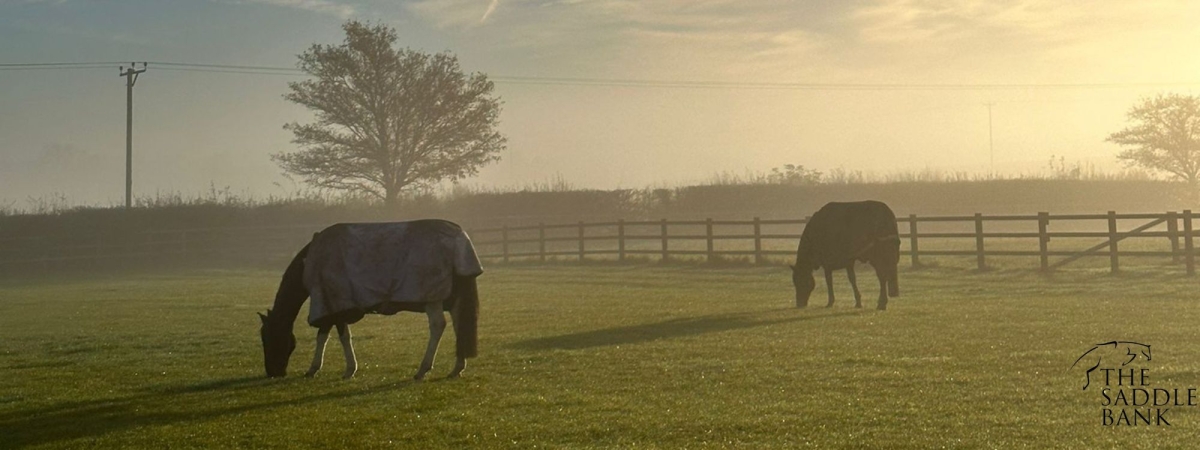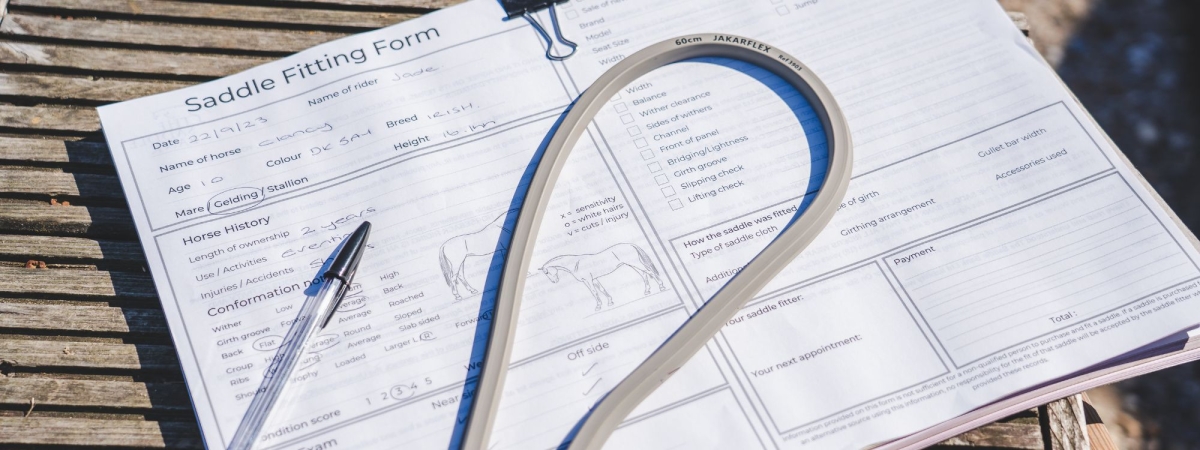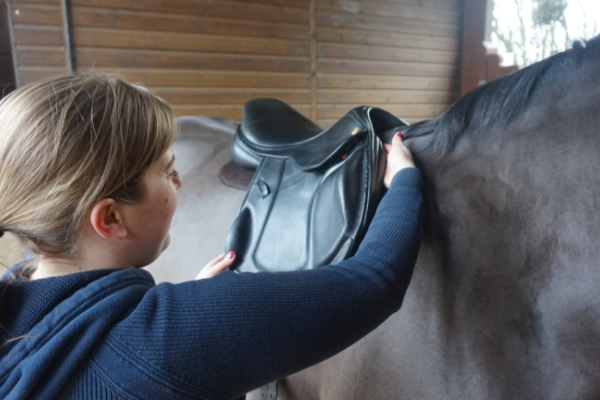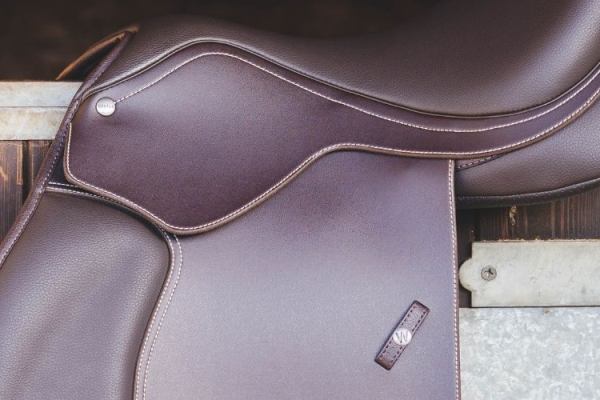Your Horses Health. Vital information for a happy healthy horse!
Every horse owners goal - A Happy, Healthy Horse
Owning and caring for a horse is an amazing and rewarding experience, but it comes with great responsibility. To ensure the well-being of your equine companion, there are several vital aspects that owners and loaners need to consider. In this blog we will delve into the importance of providing the correct food, regular turnout with quality grazing, and correctly fitting tack for your horse.
If after this post you have any saddle related questions please contact our super helpful team on 01733 301488 or email info@thesaddlebank.com
The Importance of Correct Food for Horses
Proper nutrition is crucial for maintaining a happy and healthy horse. Horses have unique dietary needs that must be met to support their overall well-being. A balanced diet should consist of high-quality forage, such as hay and grass, supplemented with appropriate hard feeds if needed. Your horses specific nutritional requirements may vary depending on factors such as age, activity level, and health condition.
Feeding your horse the correct food ensures they receive the necessary vitamins, minerals, and energy to thrive. A well-balanced diet helps to promote optimal body condition, strong immune response, healthy hooves, and a shiny coat. It is important to speak with equine nutritionist to develop a feeding plan tailored to your horse’s individual needs. Especially if you have any concerns or issues with your horses feed requirements.
Regular Turnout with Quality Grazing
Horses are naturally grazing animals and require access to pasture for both physical and mental well-being. Regular turnout in a spacious paddock allows horses to engage in natural behaviors such as grazing, socialising with other horses, and moving freely. It helps prevent boredom, reduces stress levels, and promotes overall health and fitness in your horse.
Quality grazing provides essential nutrients and fibre that are needed for your horses' digestion system and could help to prevent digestive disorders such as colic. However, it is important to manage turnout carefully to avoid overgrazing or exposure to toxic plants. Rotating pastures and monitoring forage quality, as well as regular poo picking are key aspects of maintaining a healthy grazing environment for your horse.
The Significance of Correctly Fitting Tack
Properly fitting tack, such as your saddle and bridle, is crucial for the comfort and well-being of your horse. Ill-fitting tack can cause discomfort, pain, and even long-term physical issues. When it comes to saddles, in particular, a poor fit can lead to muscle soreness, muscle atrophy, back pain, which can lead to long term behavioral problems and will hinder your horses performance.
A well-fitted saddle should distribute the rider’s weight evenly across the horse’s back without any pressure points. It should allow freedom of movement for the shoulders and spine, ensuring the horse can move naturally and perform optimally without restrictions or discomfort. A saddle fitting with a qualified professional saddle fitter can help ensure you choose the right saddle for your horse’s conformation and riding discipline. When looking for your next saddle you also need to ensure it fits not only your horse but you as the rider as well, so ensure it is you that will be riding your horse for your fitting.
If your horse is showing some of the below signs it could be time to get your saddle checked;
- Avoidance behaviours – trying to walk away when being tacked up
- Ears back/head shaking when saddle comes close by
- Excessive tail swishing both in the stable and when ridden
- Pawing the ground
- Threatening to bite you when you come close with the saddle
- Reluctant to go forwards when being ridden
- Stopping at fences
- Short strides
- Bucking
- Rearing
- Hollowing the back and not working in an outline
- Tripping / stumbling
- Unable to canter on the right leg/irregular gaits
Click here to start our Recognising Saddle Fit Issues course, a super handy course for all horse riders and owners.
Here at The Saddle Bank we always recommend getting your saddle checked every 6 months, or 3 months if you have a young growing horse, a horse coming back into work or after you've had a new saddle fitted.
Click here to see our full stock of saddles, new, second hand and ex demo we have over 1200 saddles in stock so your next saddle is sat in our tackroom waiting for you.
Common Ailments in Stabled Horses and Prevention
Horses that are stabled for longer periods of time are more prone to certain ailments due to their restricted movement and increased exposure to environmental factors. Your horse may need to be stabled for many reasons such as illness or injury. However, with proper management and care, many of these conditions can be prevented.
-
Respiratory Issues: Stabled horses are susceptible to respiratory problems such as dust-related allergies and respiratory infections. To minimise these risks, ensure good ventilation in the stable, use dust-free bedding where you can, and maintain a clean environment free from mold or mildew. As well as a good quality low dust forage, feeding forage from the ground can also help to reduce the amount of dust intake for you horse.
-
Digestive Disorders: Limited turnout and a rapid/drastic change in feeding practices can increase the risk of digestive issues like colic and gastric ulcers. Implementing a consistent feeding routine with ample access to forage, providing regular exercise, and minimising stressors can help prevent these conditions. Horses are non-ruminant herbivores and have evolved to graze continuously on high fiber forage, for as much as 18-20 hours per day!
- Musculoskeletal Problems: Insufficient exercise or improper fitting tack can lead to musculoskeletal issues such as stiffness, muscle atrophy, joint problems as well as psychological behavioural problems. Regular exercise routines tailored to your horse’s needs, along with correctly fitting tack, can significantly reduce the risk of these ailments, leading to a happier and healthier horse.
If you are new to horse ownership or are a non horsey parent to an all things horse obsessed child, we want to help you and your horse work out the sometimes challenging but fantastic equine world, with our super handy Basic Horse Management course. Click here to get started now!






